Retail & Consumer Experience
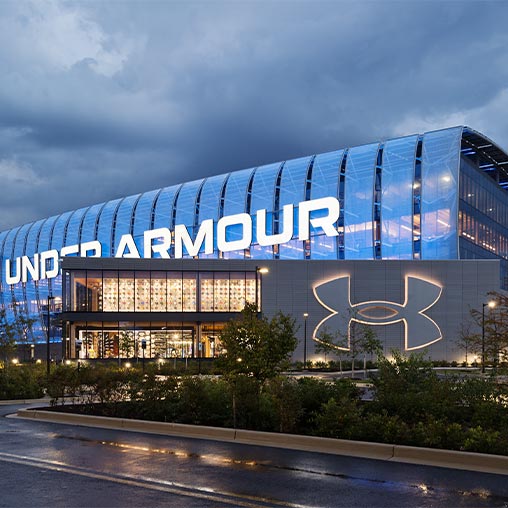
Under Armour Global Headquarters
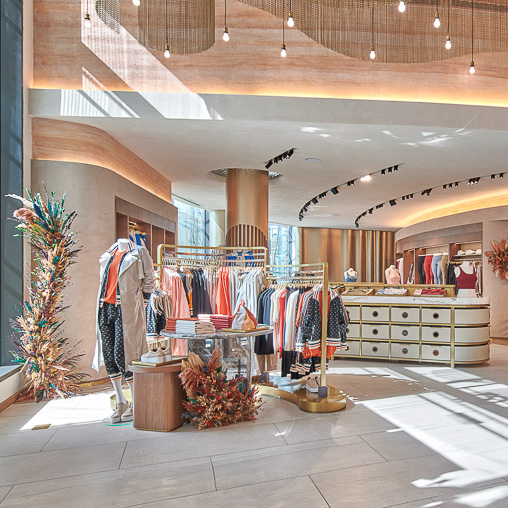
Kayanee
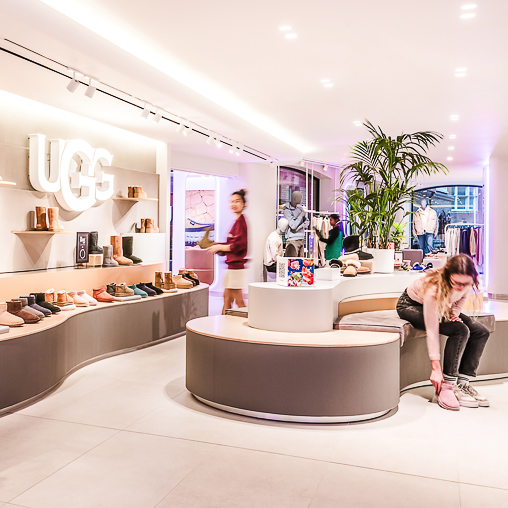
UGG Knightsbridge
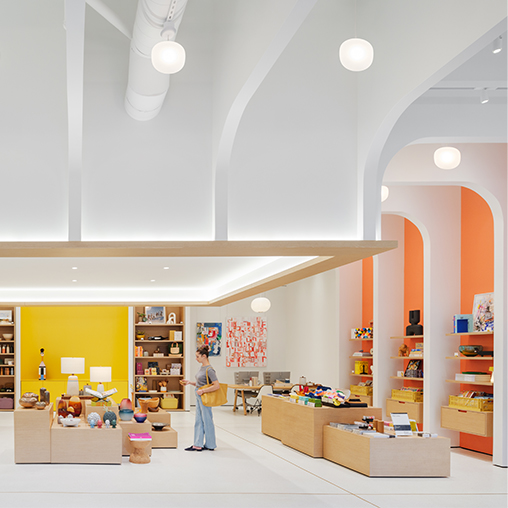
Adorn
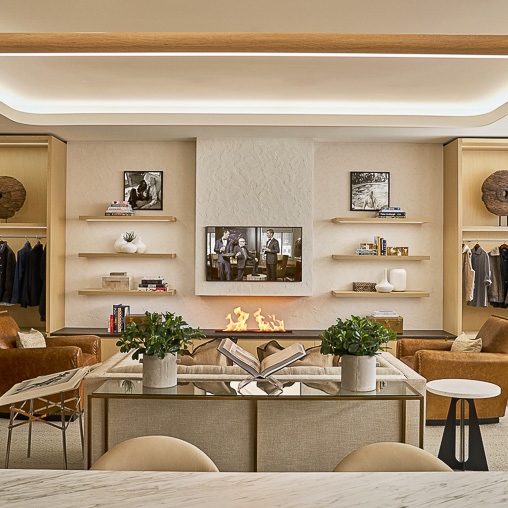
Wilkes Bashford Flagship Store
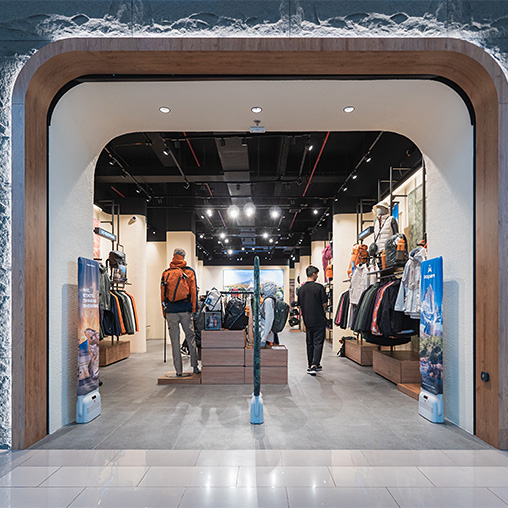
Topara Concept Store
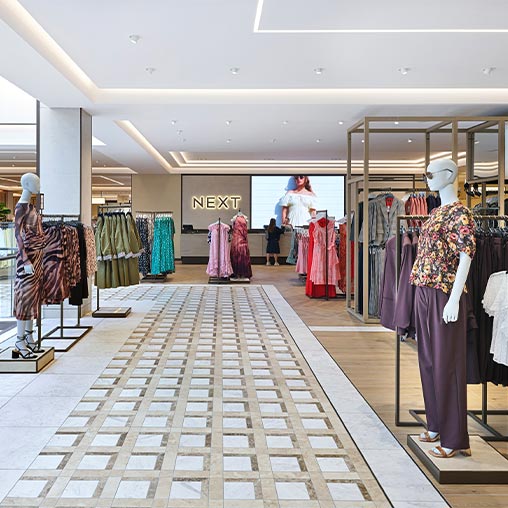
NEXT Lakeside
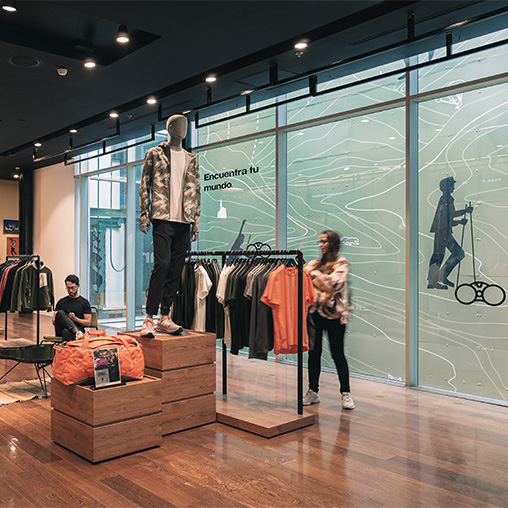
Flagship Totto Topara
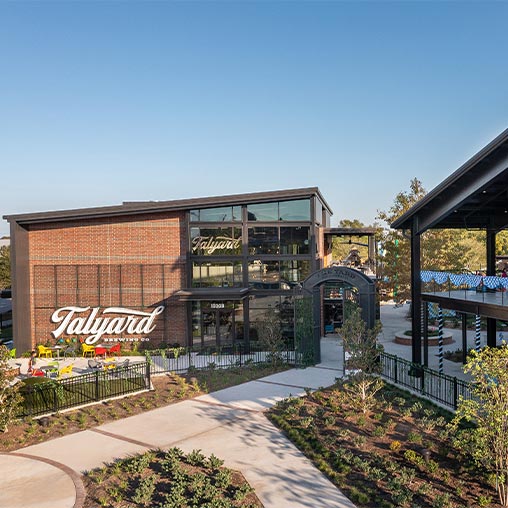
Talyard Brewing Co.
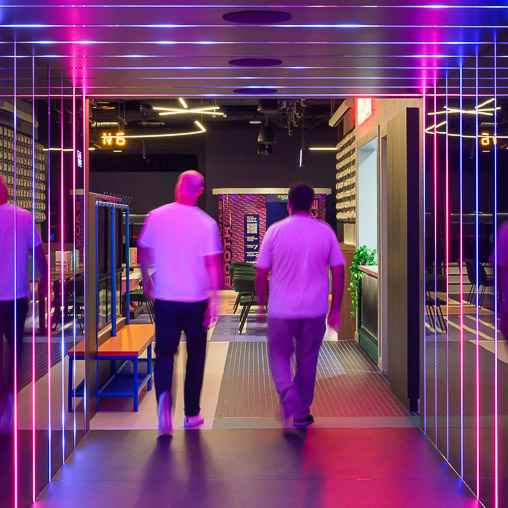
TOCA Social Birmingham
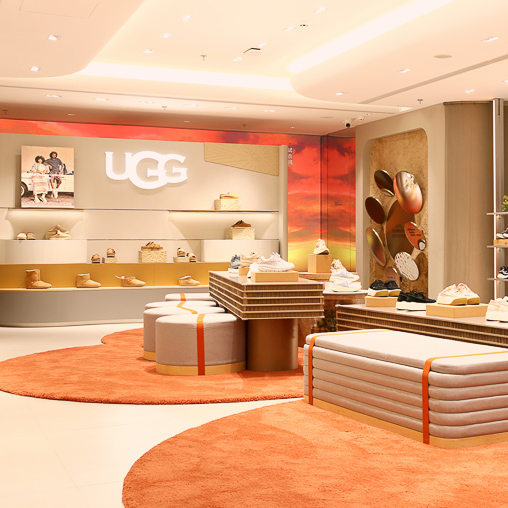
UGG Xintiandi Flagship Store
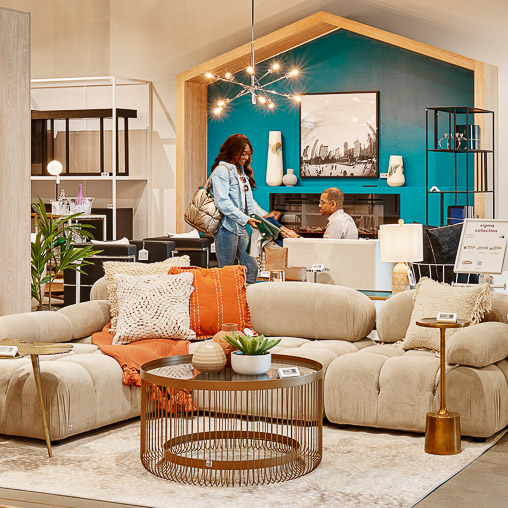
Wayfair
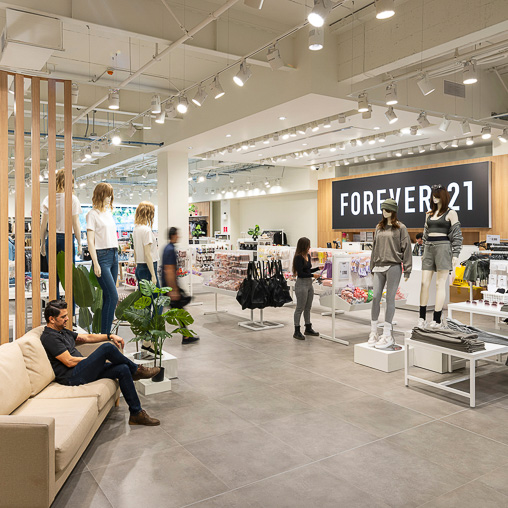
Forever 21 Flagship Store
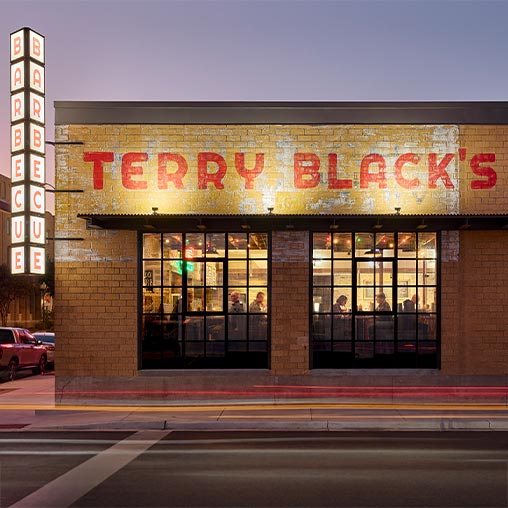
Terry Black’s Barbecue & Opal’s Oyster House
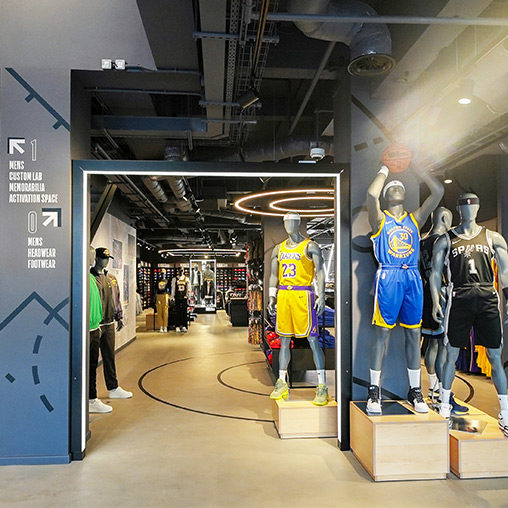
NBA Store London
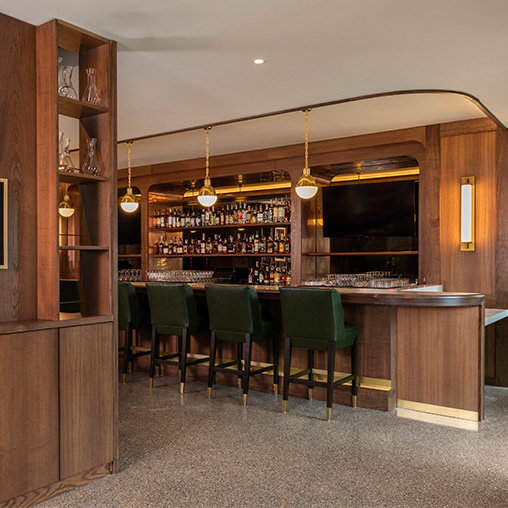
Bar Bludorn
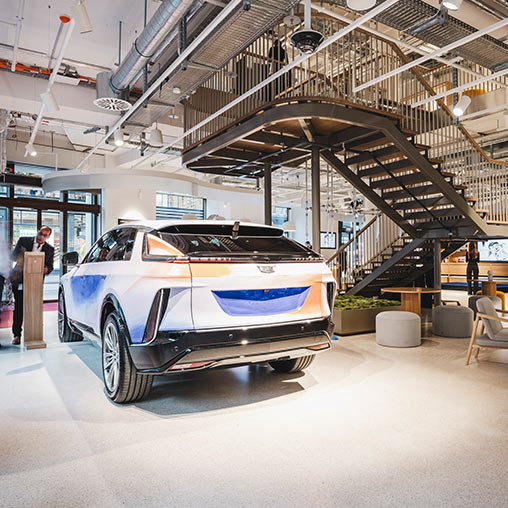
Cadillac City, Zurich
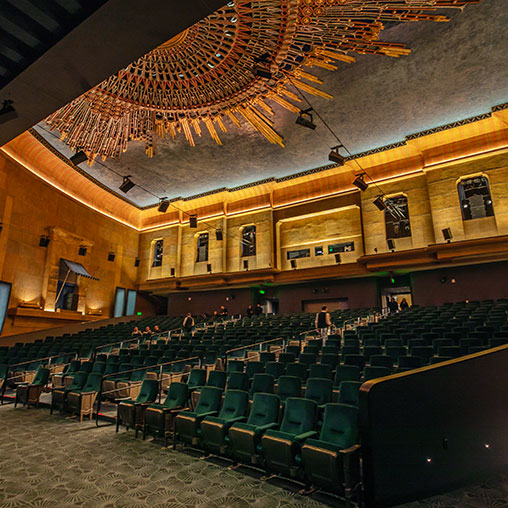
The Egyptian Theatre
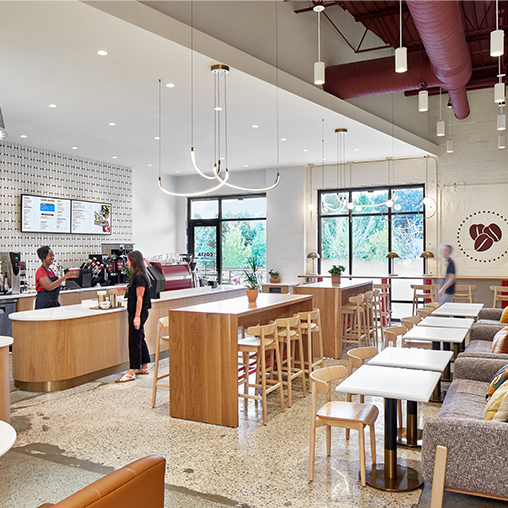
Costa Coffee
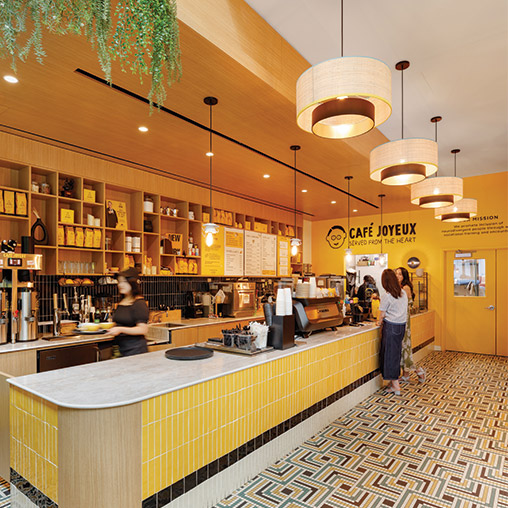
Café Joyeux
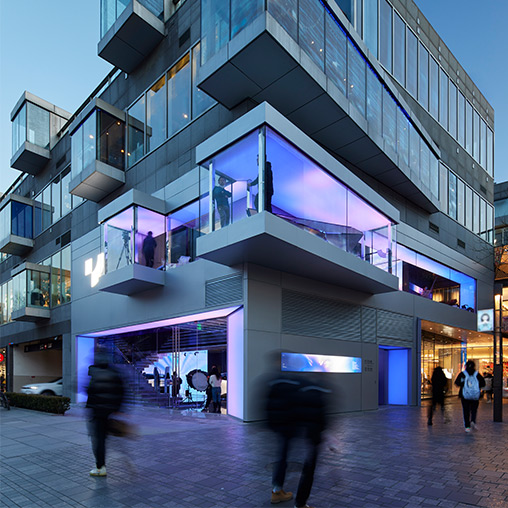
Jidu Experience Center
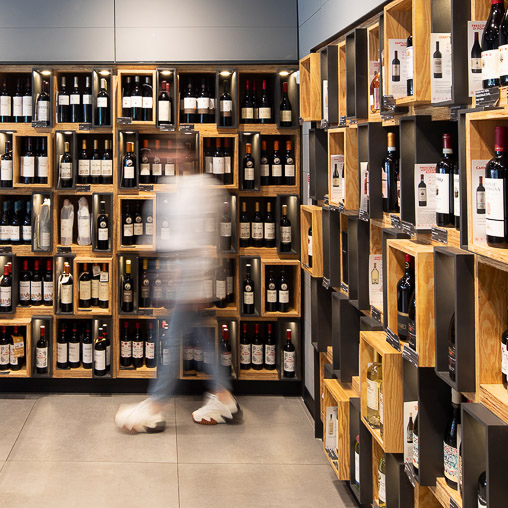
Bottega Nunciatura
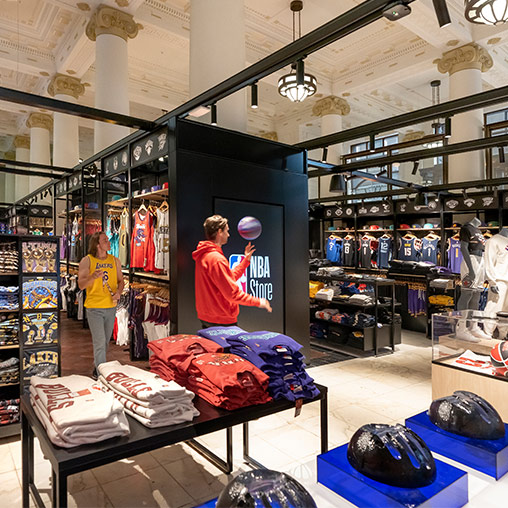
NBA Store Sydney
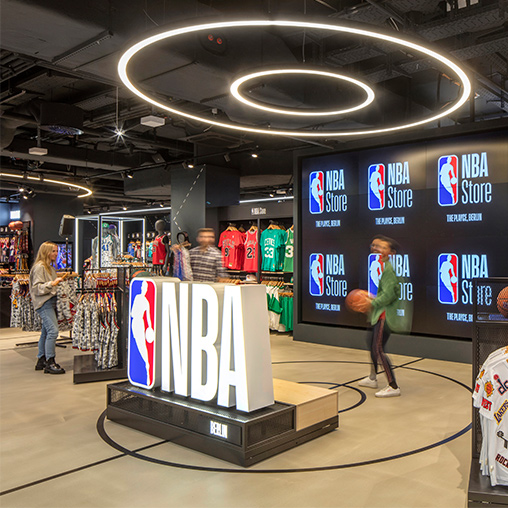
NBA Store Berlin
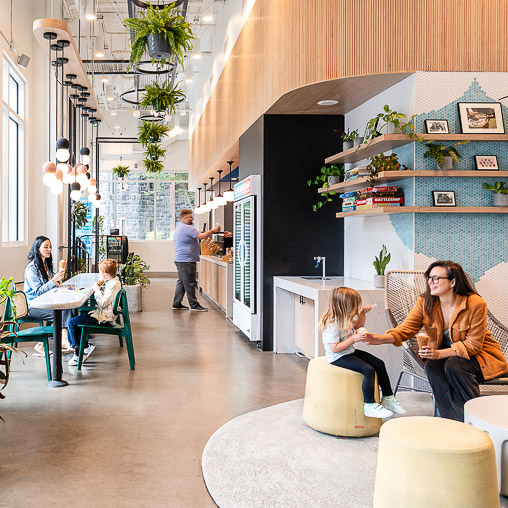
Cosmic Bliss
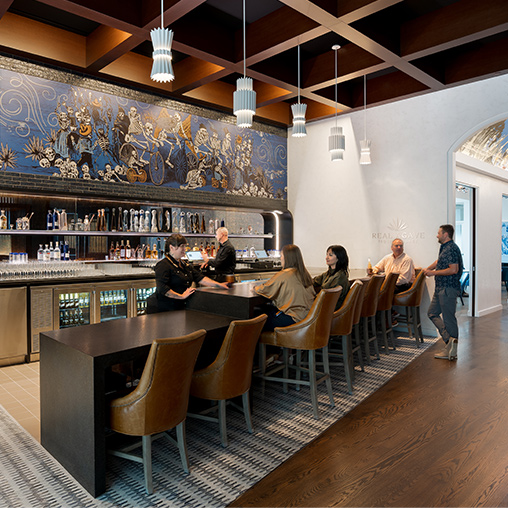
Real Agave
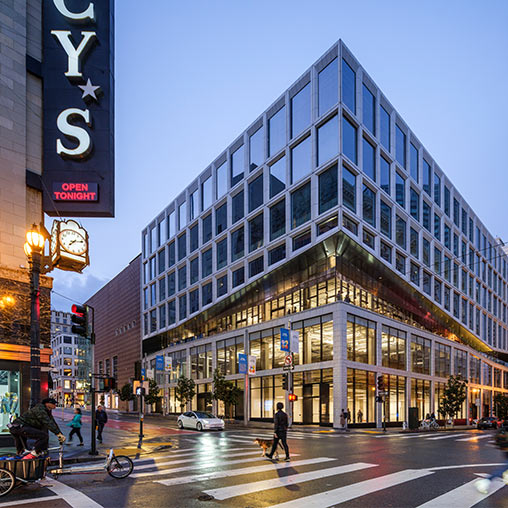
100 Stockton

Designing a Neuroinclusive Retail Future
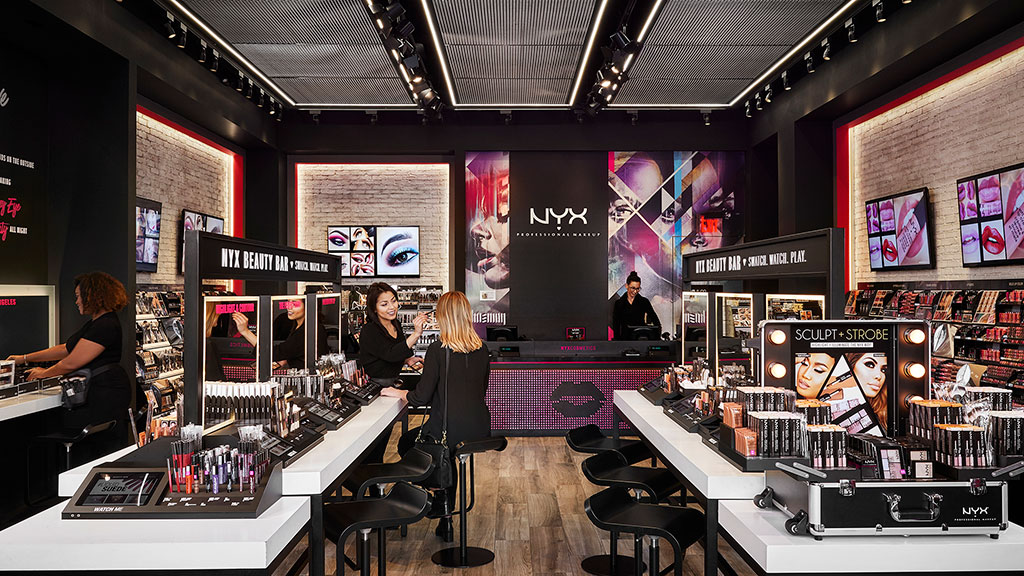
Beyond the Screen: Making Digital Beauty Brands Shine in Real Life
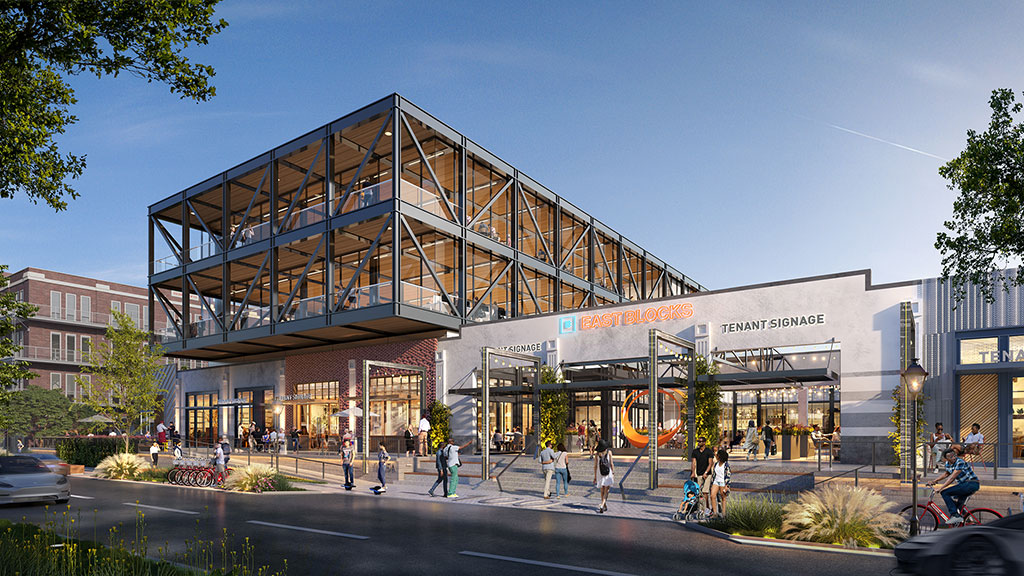
Reinventing the Strip: How to Make Everyday Retail Irresistible
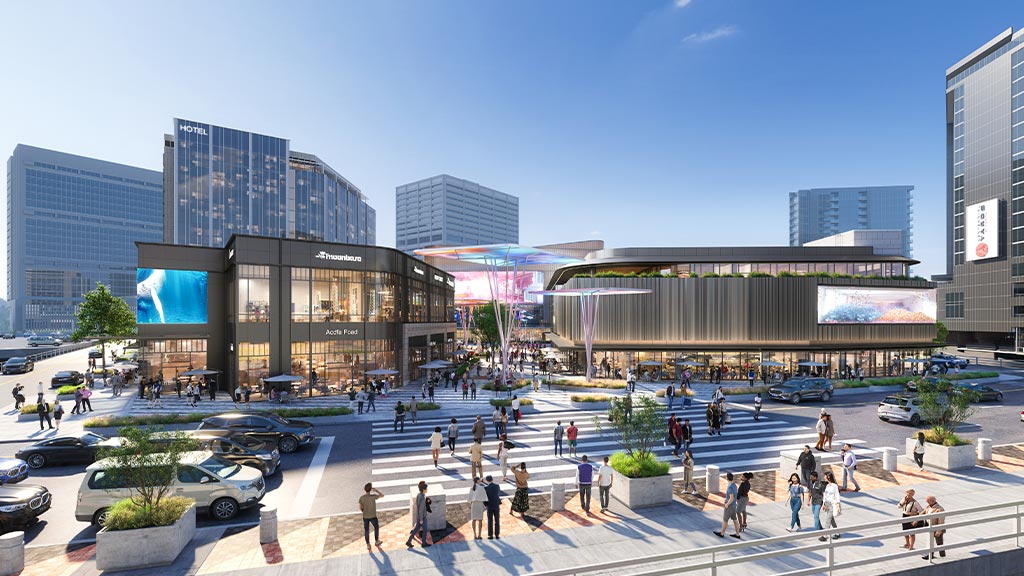
How Journey Mapping Shapes Design Opportunities for the User
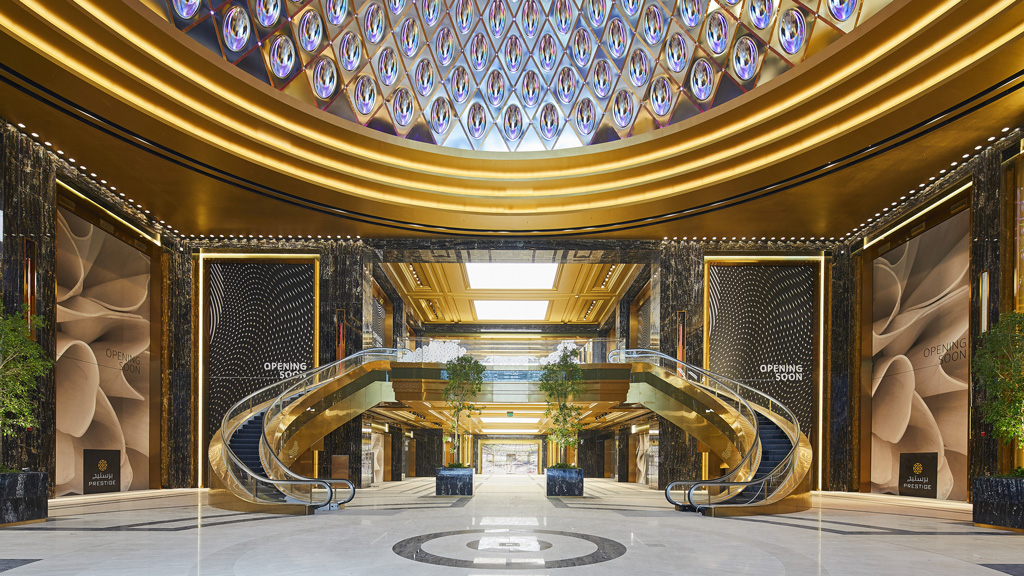
Designing Tomorrow’s Shopping Centers: Global Ideas From Kuwait, Costa Rica, and Beyond
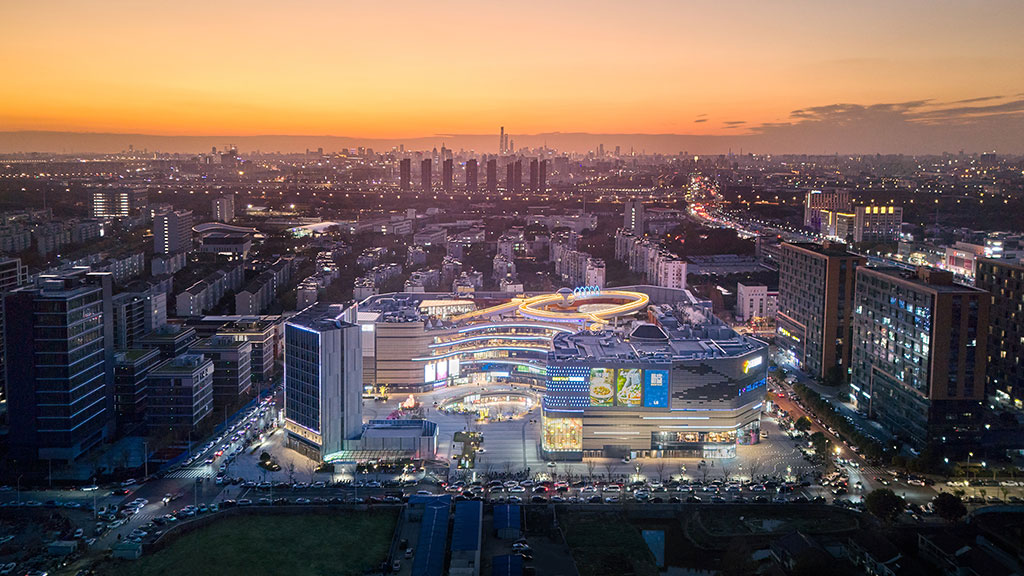
Reenvisioning Retail Centres: Lessons From China for the Middle East
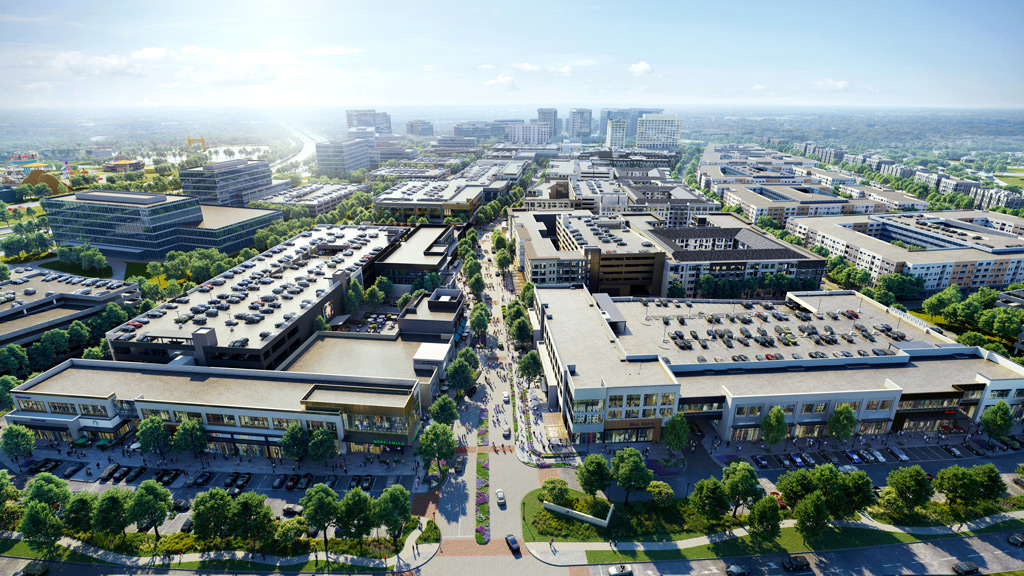
The Evolving Role of Hotels in Retail-Driven Mixed-Use Environments

5 ‘Out of the Box’ Strategies for the Retail Real Estate Market
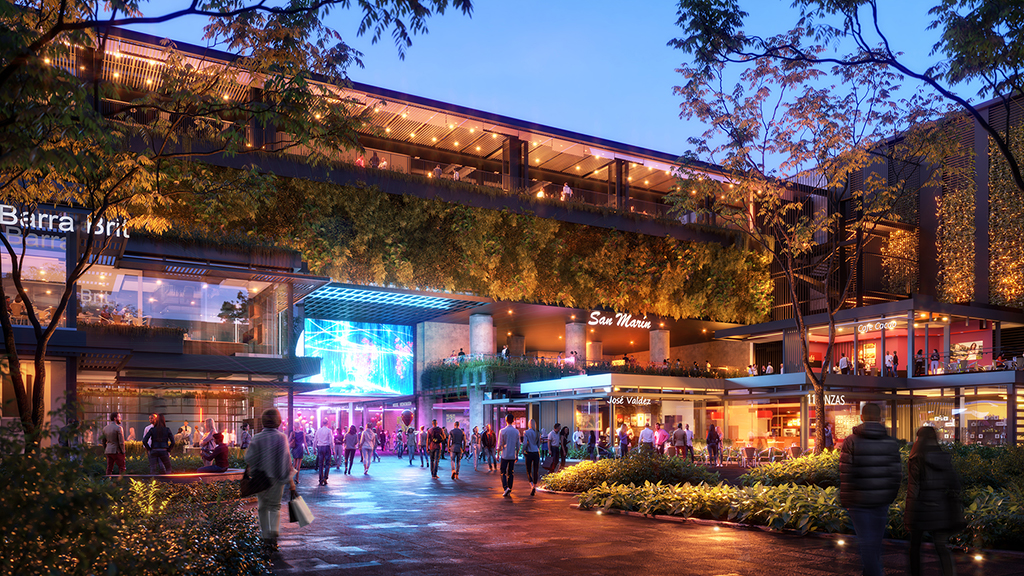
Latin American Malls: The New Town Square
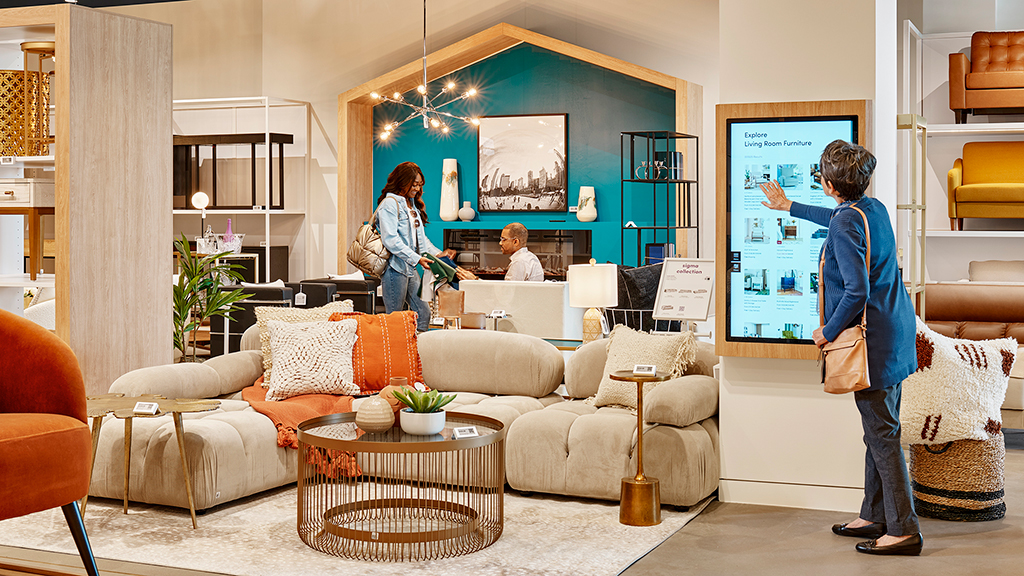
The Value of Time in Retail Environments

What Do Consumers Want? Gensler’s U.S. Consumer Experience Report Uncovers Key Insights
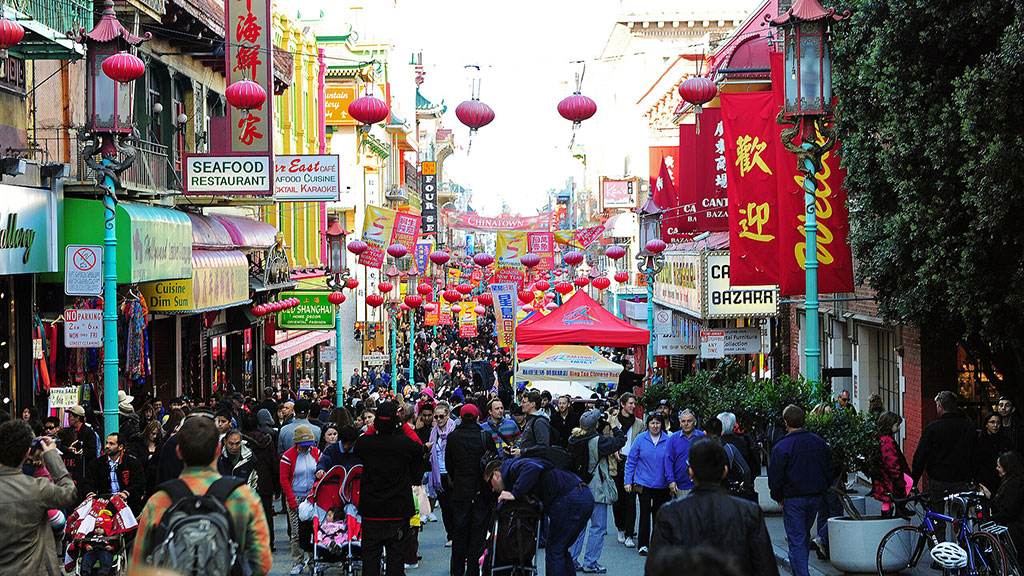
What Retail Can Learn From Chinatown: 3 Ways to Create Thriving Third Places
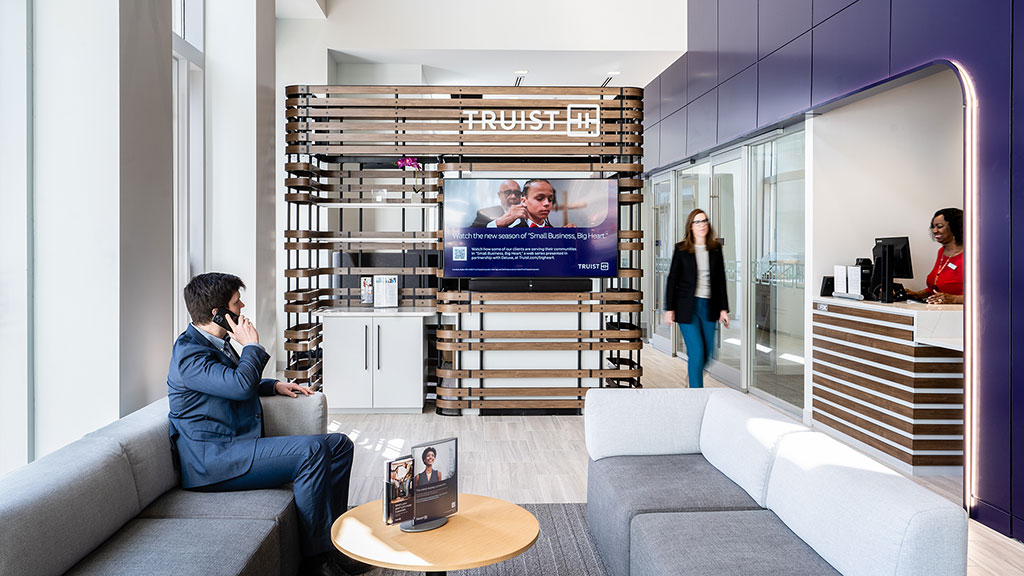
The New Era of Retail Banking Is Here
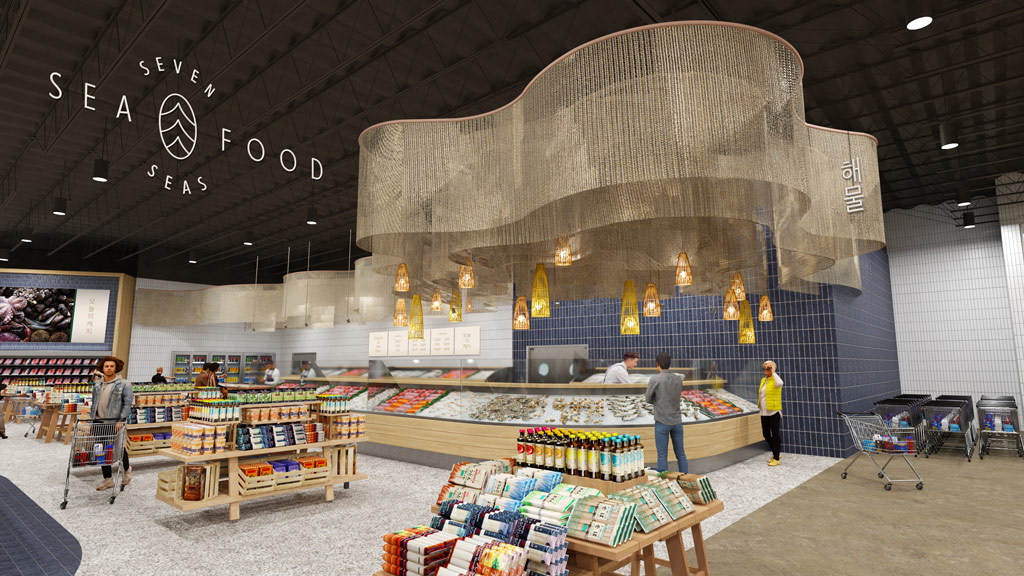
5 Design Considerations for Authentic Specialty Market Experiences
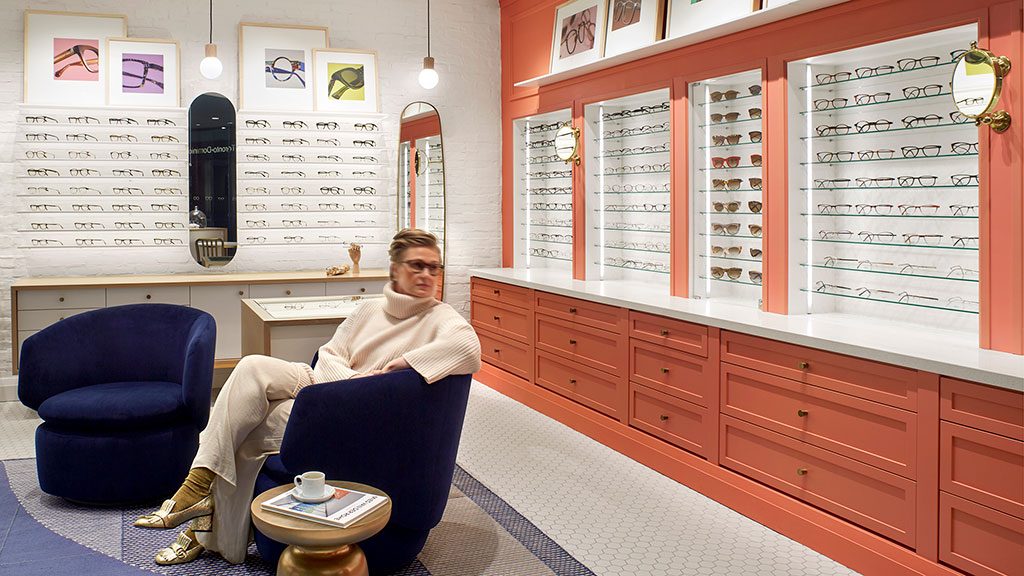
Avoiding Fear-Based Decision-Making to Foster Positive In-Store Retail Experiences
Stores go beyond product to become cultural landmarks.
Successful in-person retail experiences are no longer just about shopping, but extensions of the brand itself. From lining up at a streetwear flagship to visiting a café run by a luxury label, the value of being there is tied to belonging and identity.
Ownership gives retailers a competitive advantage.
By owning real estate, retailers gain unprecedented freedom to test new formats, pivot quickly, and extend into hospitality, culture, and lifestyle. With greater control comes the license to continually reinvent, turning physical space into a canvas for experimentation and innovation.
Retailers harness the power of positive friction.
The best destinations aren’t frictionless — they embrace “good sticky.” An unexpected queue, an immersive installation, or a social moment that slows you down creates the kind of memory that makes the trip worth it.
Premium brands build lifestyle ecosystems.
Luxury brands are no longer just about products. They are immersive ecosystems that include cafés, hotels, museums, airport lounges, and even private planes. Flagship stores evolve into cultural anchors, while loyalty is a form of social currency. What matters most isn’t only what you buy, but the branded worlds you’re invited to step into.
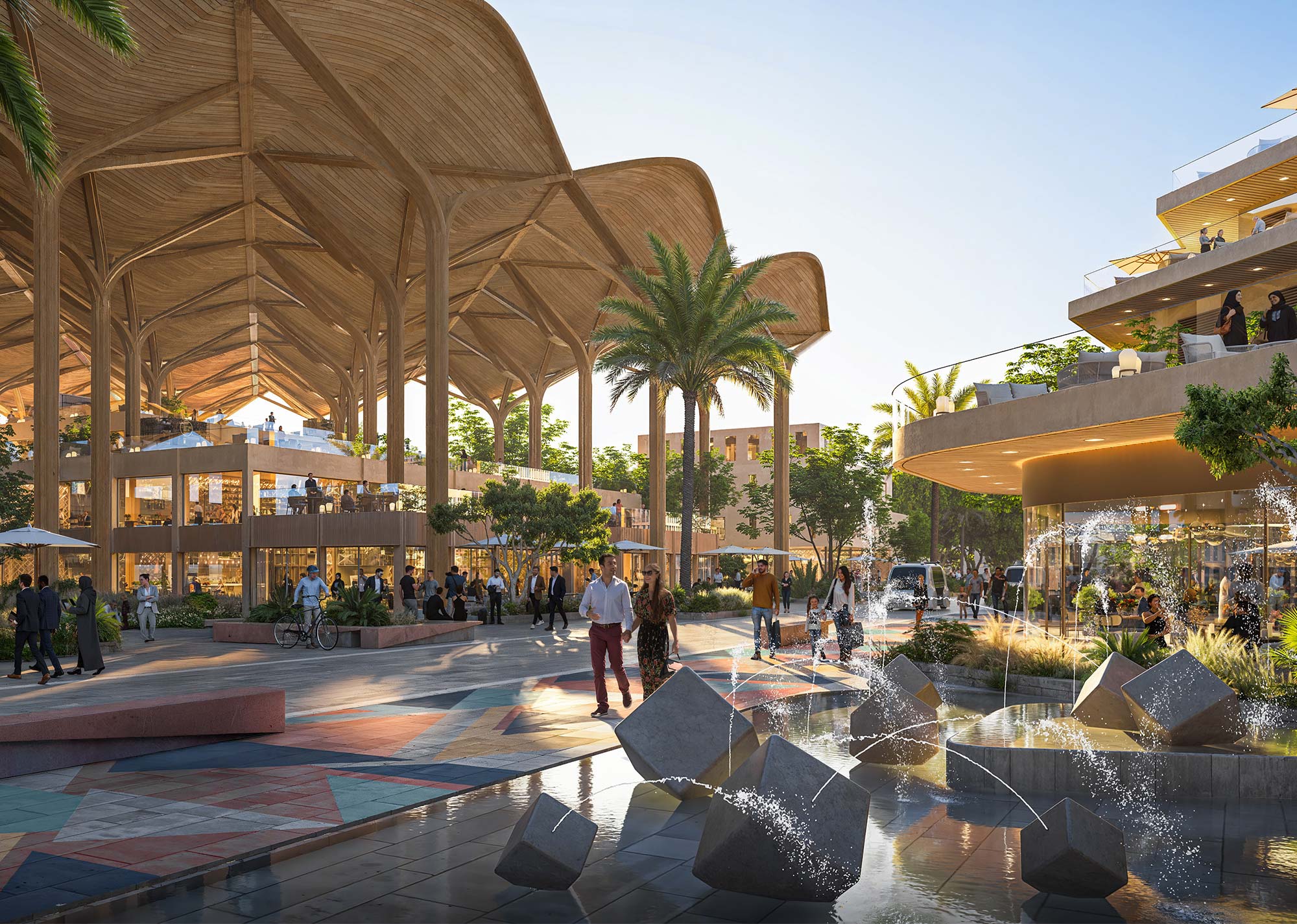

Michael Gatti
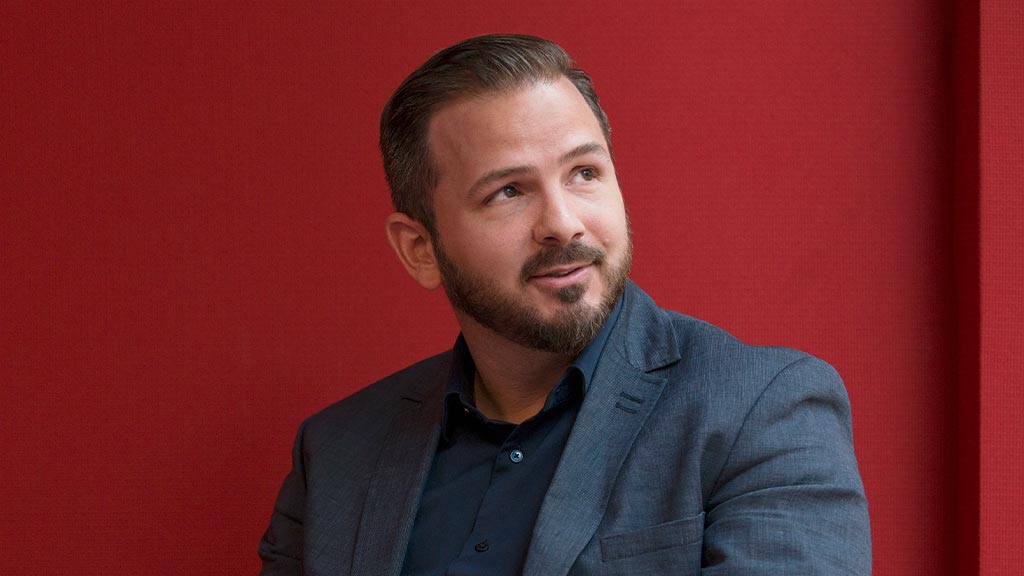
Aaron Birney

Lara Marrero
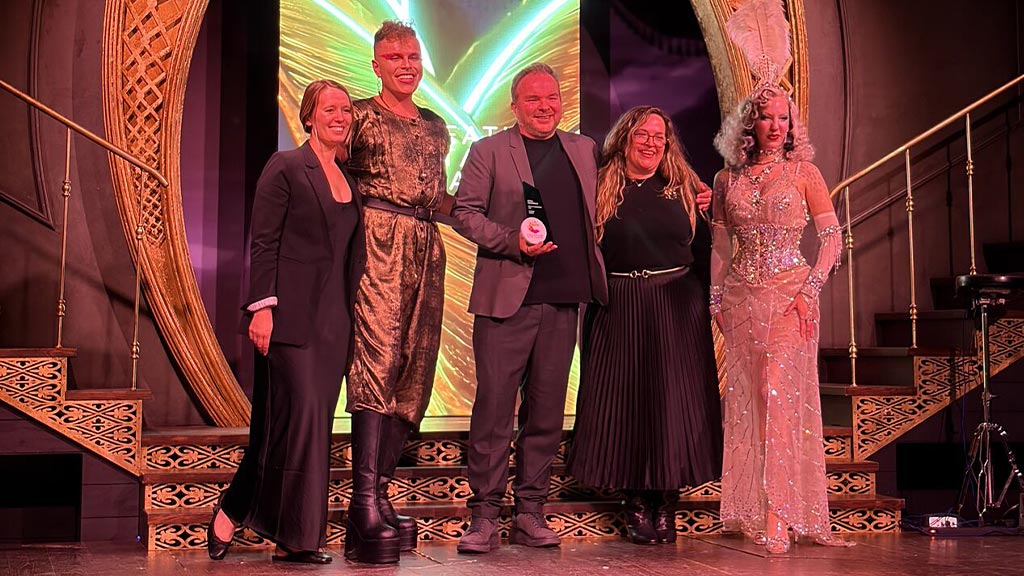
Gensler-Designed Kayanee Recognized by The Creative Retail Awards

The Future of Retail Design in the Middle East
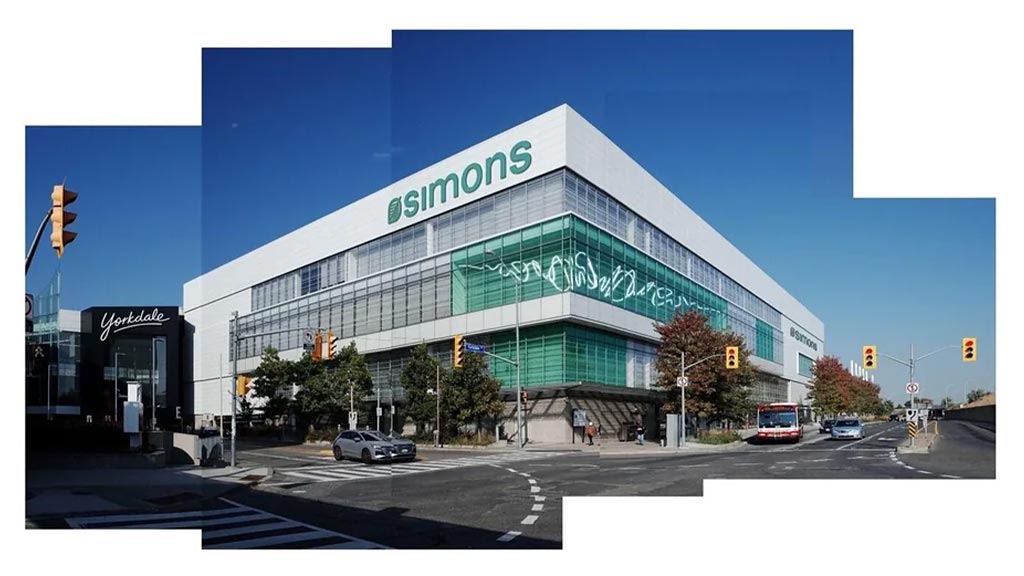
Simons To Open First Toronto Store Featuring Gensler-Designed Interiors
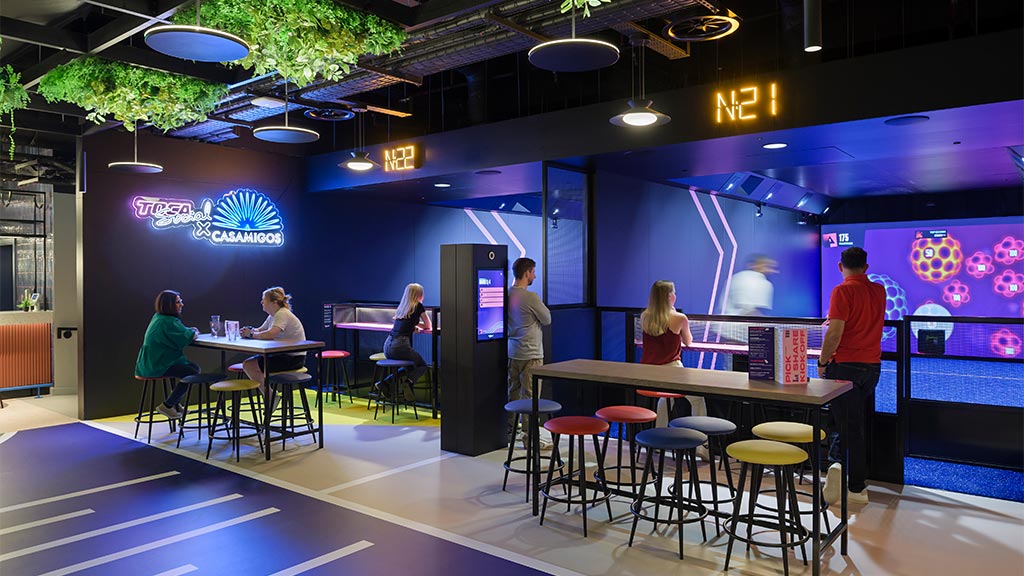
How the Gensler-Designed TOCA Social Aims To Make Football Culture for Everyone
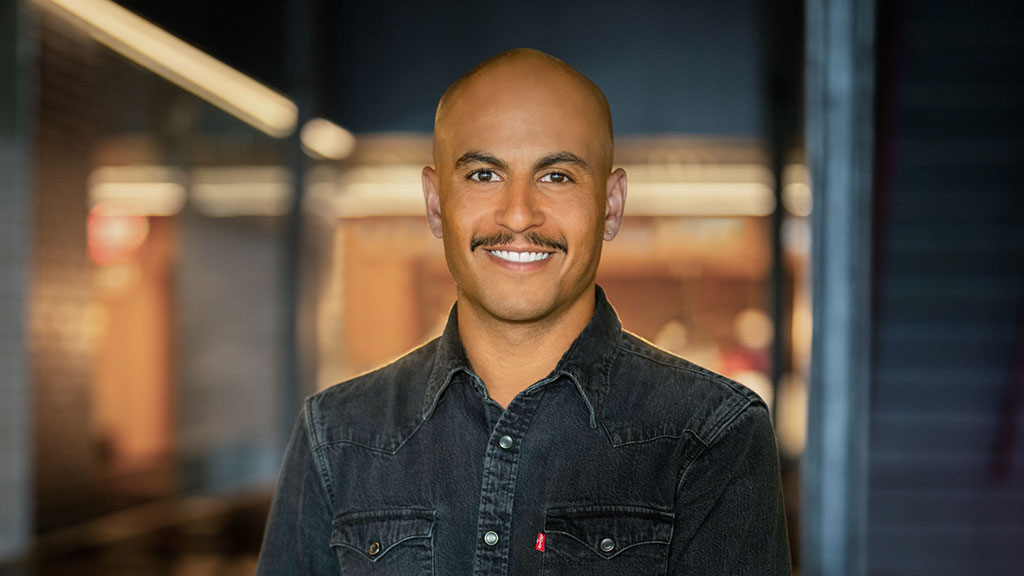
Gensler’s Tyler Winograd Named One of Commercial Observer’s 2025 Top Young Professionals in Commercial Real Estate
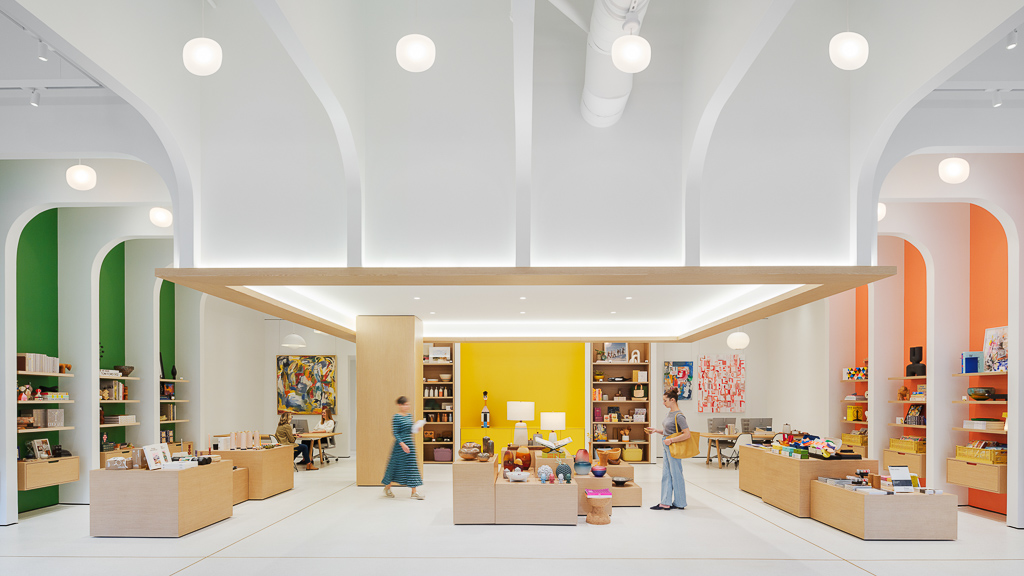
Modern Luxury Spotlighted Workplace Resource’s Adorn Retail Space and Work/Haus Showroom
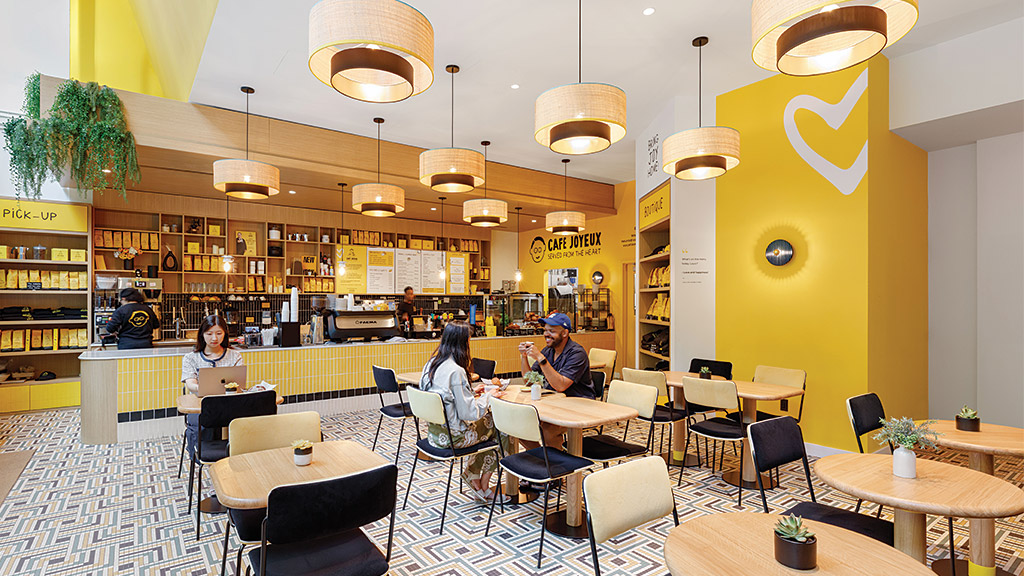
The Importance of Making In-Store Experiences Feel Personal in Order to Create Trust and Stand Out
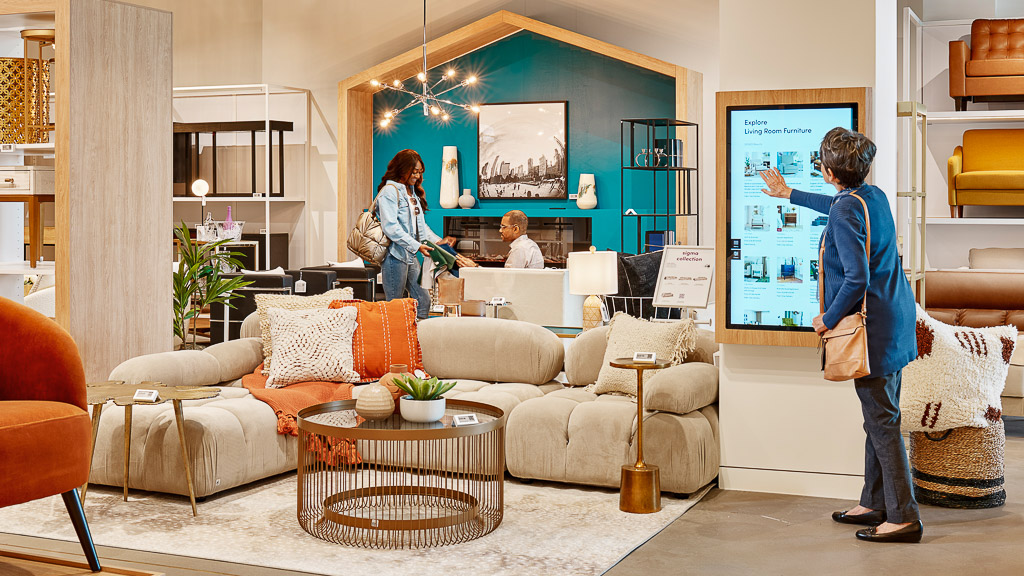
Shop! Design Awards Named Wayfair Chicago Store As the 2025 Store of the Year
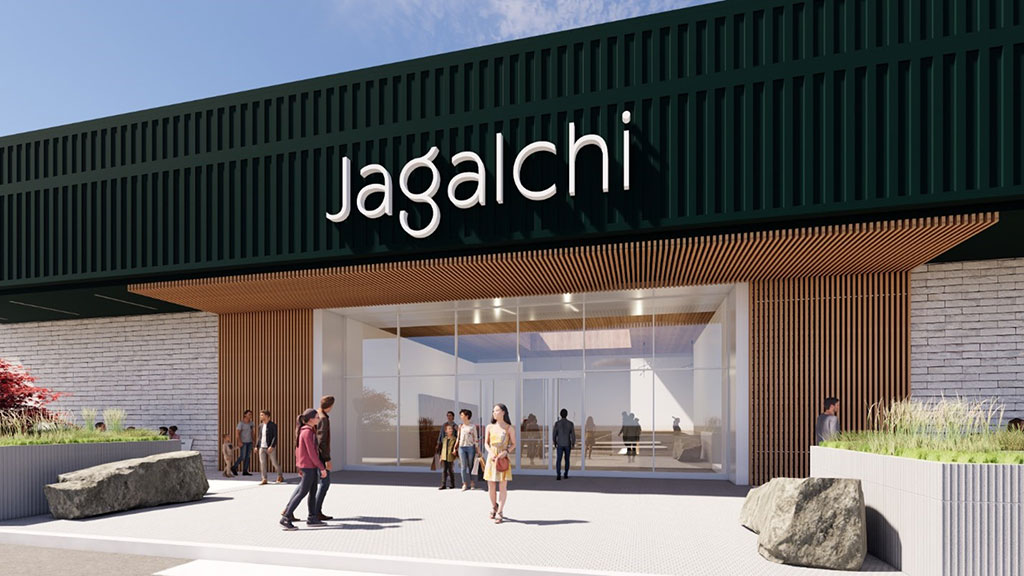
San Francisco Chronicle Featured Jagalchi, a New Korean Food Complex in the Bay Area
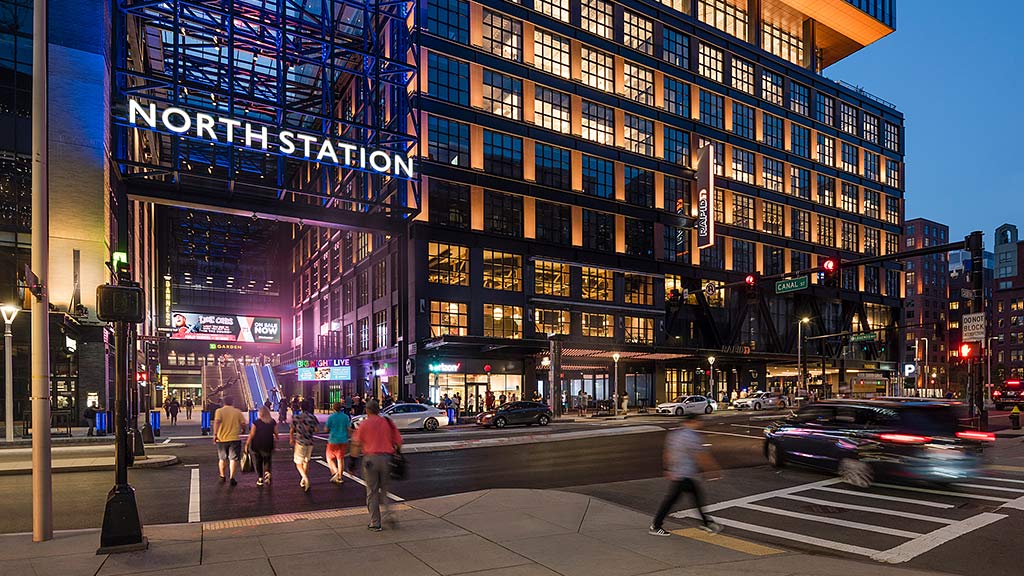
CNN Business Spotlights Gensler’s Vision for Reinventing Malls to Meet Gen Z’s Retail Expectations
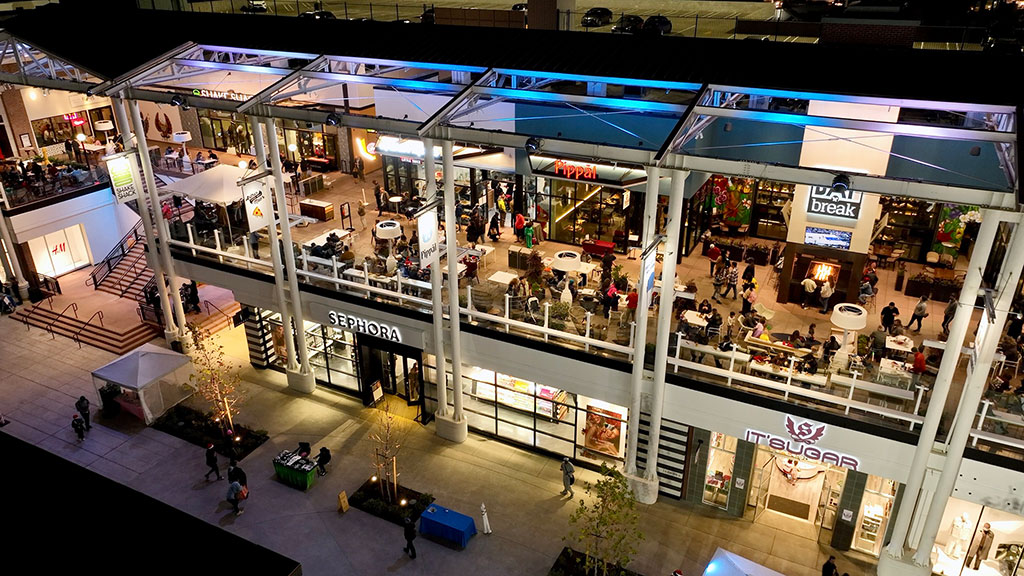
How Malls and Retail Centers Are Transforming To Find New Relevance

Rethink Retail Recognized Retail & Consumer Experience Leader Lara Marrero as a Top Retail Expert for 2025
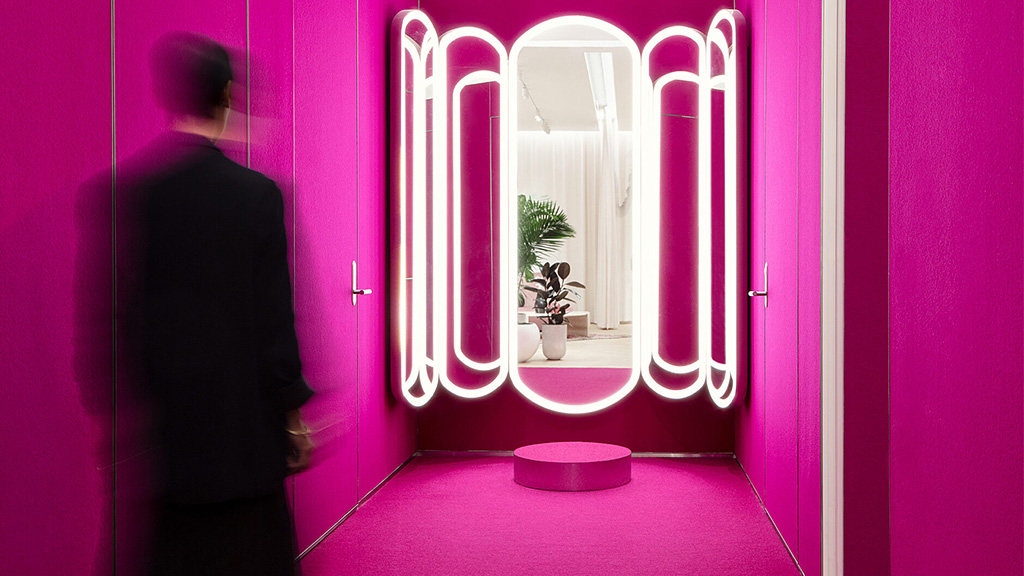
Why In-Store Retail Spaces Must Be a Reflection of a Brand’s Uniqueness
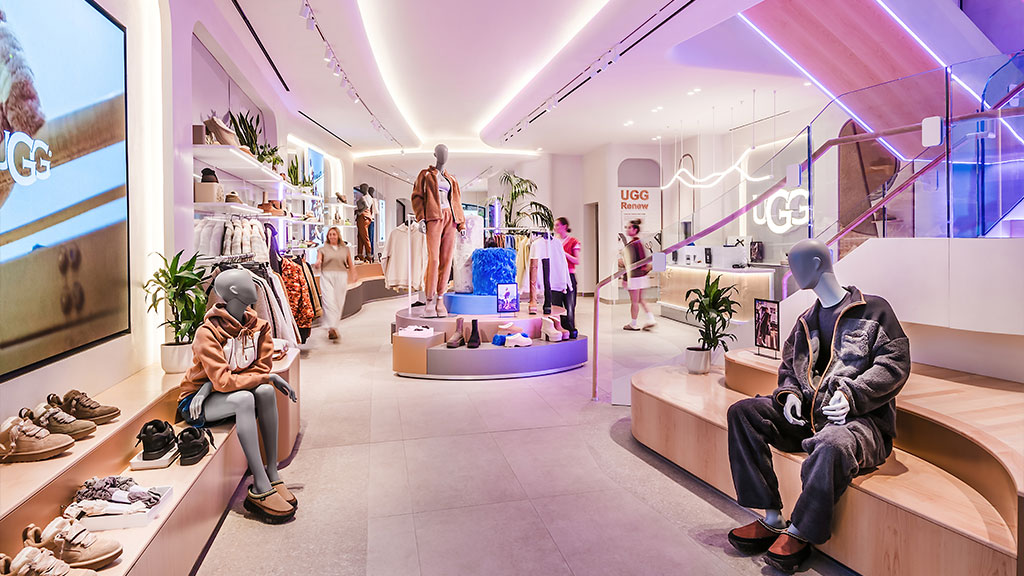
Design Insider Covered the New Gensler-Designed UGG Flagship Store in Knightsbridge
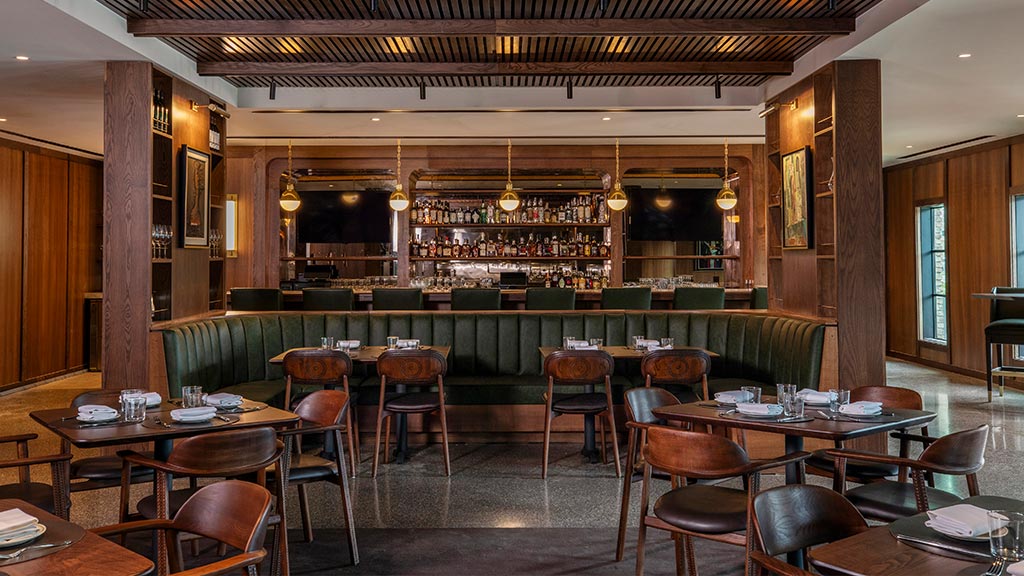
AN Interior Featured the New Gensler-Designed Bar Bludorn
